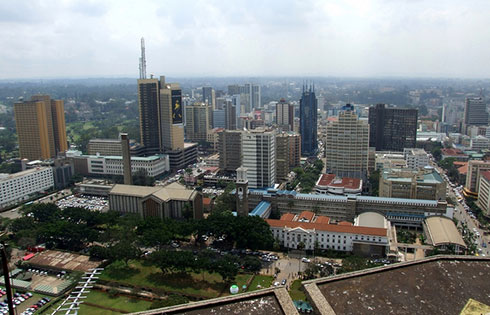The value of international education for 21st-century Indians
26 Apr

Above: Annual Rose Parade in Pasadena, California (photo by H. Michael Miley, used under CC BY 2.0 licence)
I was privileged enough to spend a part of my childhood in sunny California, where I studied at an almost bohemian elementary school, complete with a farm that students tended, and teachers who felt more like friends. Coming from India, I often faced questions from students and teachers about my cultural background: Did India have elephants on the streets? Was it the land of snake charmers? Although they were sometimes silly, I happily fielded these questions because they led to enlightening discussions about the similarities and differences between the US and India.
Flash forward a few years, and I returned to India, and the Indian education system. In my first school, we had to wear uniforms, memorize reams of obscure facts, and speak to teachers obsequiously. This gave me better insight into the typical Indian school experience.
Most recently, I joined The British School in New Delhi, a melting pot of my past experiences. Here, I could question my teachers, while still politely referring to them as Miss/Sir. I was surrounded by Indians and foreigners, which exposed me to different worldviews.

Above: This view of Nairobi makes one question the stereotypes that portray Africa as a land of wilderness and starvation (Photo by Jonathan Stonehouse, used under CC BY 2.0 licence)
My school’s motto, “An International Education with an Indian Soul”, could not be more apt, for it is here that I discovered the value of an international education to 21st-century Indians. An international education broadens our experiences, shapes our worldviews, and bridges the gap between countries and cultures. Celebrating both Easter and Holi with my classmates helps me feel more connected, and gives me insight into different cultures’ traditions, values, and religions.
An international education enables Indians to have global views and perspectives. It pops our protected bubble by making us realize that, although we may not all share the same ideology, we do have to share the world with 7 billion other people. As I discuss Malala Yousafzai with my teacher, or debate about the ethics of Donald Trump’s campaign with my classmates, I revel in the opportunities to learn more about global events with and through my fellow Indians.
Lastly, an international education enables a more nuanced understanding of ourselves by teaching us to introspect, and to question. In my experience, this element of questioning ourselves, questioning ideas, and questioning authority is currently lacking in the Indian education system. But it is crucial, because it is what allows for a more sophisticated understanding of the world. The value of an international education lies in the critical thinking skills, experiences, and more nuanced understanding that a new generation of Indians will be able to bring back to India, to shape the country’s future for the better.
BY: Naina Lavakare (Grade 11, The British School, New Delhi)
Check out this thought-provoking and funny 20-minute performance by Sarah Jones, which reflects her multi-ethnic heritage and her education at the United Nations International School, New York
